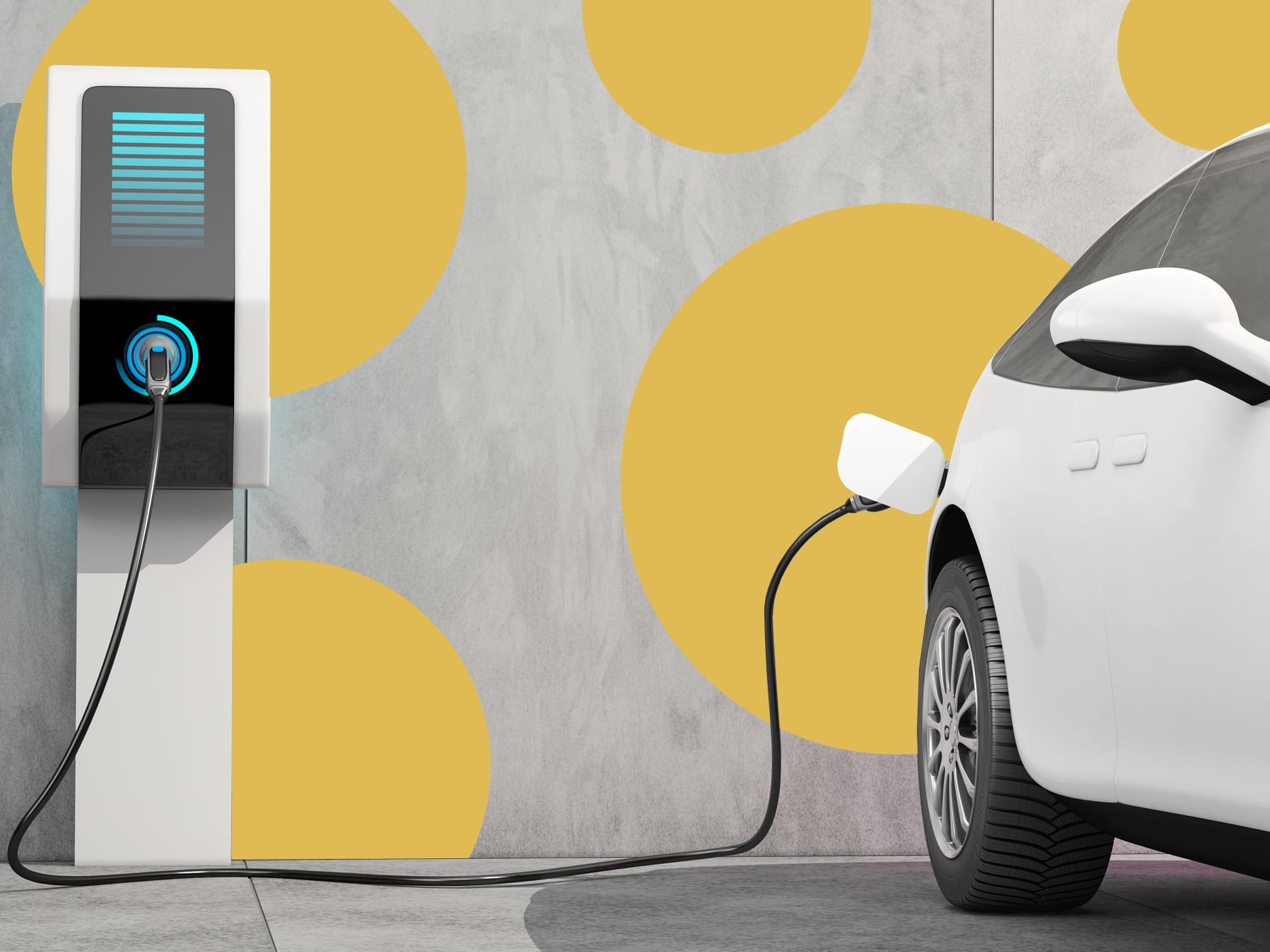The Comprehensive Guide to Electric Vehicle Tax Credits: Unlocking Savings and Incentives
The transition to electric vehicles (EVs) has accelerated in recent years, driven by environmental concerns and the rising costs of fossil fuels. To encourage widespread adoption, governments around the world have implemented various incentives, including tax credits, to make EVs more affordable for consumers.

In the United States, the EV tax credit has played a significant role in promoting the sale and ownership of electric cars. This article provides a comprehensive guide to the EV tax credit, covering eligibility criteria, available incentives, and the latest updates on tax policies.
Eligibility Criteria for the EV Tax Credit

To qualify for the federal EV tax credit, vehicles must meet specific requirements:
* Vehicle Type: The credit is available for new electric vehicles that are classified as passenger cars, light trucks, or SUVs with a gross vehicle weight rating (GVWR) of 10,000 pounds or less.
* Powertrain: The vehicle must be powered exclusively by an electric motor (battery electric vehicle, BEV) or a hybrid electric system (plug-in hybrid electric vehicle, PHEV) with a battery capacity of at least 5 kilowatt-hours (kWh).
* Purchase or Lease: The tax credit is available to both individuals who purchase or lease qualifying electric vehicles.

* Manufacturer: The vehicle must be manufactured by a company that has not reached the production cap for the tax credit.
Available Incentives
The amount of the federal EV tax credit varies depending on the size and battery capacity of the vehicle:
* Battery Electric Vehicles (BEVs): $7,500
* Plug-in Hybrid Electric Vehicles (PHEVs): $3,750 (with battery capacity of at least 5 kWh)
* Fuel Cell Electric Vehicles (FCEVs): $7,500
The maximum tax credit applies to vehicles purchased before January 1, 2033. After this date, the phase-out period begins, gradually reducing the credit amount until it expires completely.
Process for Claiming the Tax Credit
Individuals who qualify for the EV tax credit can claim it when filing their annual income taxes. The credit is applied directly to reduce the amount owed in taxes. To claim the credit, taxpayers must provide the following information:
* Form 8936: Qualified Plug-in Electric Drive Motor Vehicle Credit
* Vehicle Identification Number (VIN)
* Purchase or lease agreement
* Manufacturer's Certification of Electric Vehicle
Phase-Out of the EV Tax Credit
The federal EV tax credit is subject to a manufacturer-specific phase-out period. Once a manufacturer reaches a cumulative sales threshold of 200,000 qualifying vehicles, the tax credit begins to phase out over a three-year period.
As of May 2023, the following manufacturers have reached or are approaching the production cap:
* General Motors: Phase-out began in April 2023
* Tesla: Phase-out began in December 2022
* Toyota: Phase-out projected to begin in late 2023
Additional State and Local Incentives
In addition to the federal EV tax credit, many states and local governments offer their own incentives for electric vehicles. These incentives can include tax credits, rebates, and other financial assistance programs. Consumers should check with their state and local authorities to determine available incentives.
Updates on Tax Policies
The EV tax credit has been the subject of recent political debate and proposed legislative changes. In August 2022, the Inflation Reduction Act was signed into law, which included modifications to the EV tax credit.
* Income Limit: The Inflation Reduction Act imposes an income limit for eligibility for the EV tax credit. Single filers with an income of $150,000 or less and married couples filing jointly with an income of $300,000 or less qualify for the full credit.
* Battery Requirements: The Inflation Reduction Act also introduces new battery requirements for vehicles to qualify for the tax credit. Vehicles must have batteries with a certain percentage of critical minerals sourced from North America or a US trade partner country.
The EV tax credit remains a significant incentive for consumers considering the purchase or lease of an electric vehicle. Understanding the eligibility criteria, available incentives, and phase-out provisions is essential for maximizing potential savings. By leveraging these tax credits and other incentives, individuals can reduce the upfront cost of owning an EV and contribute to the transition to a cleaner transportation future.
